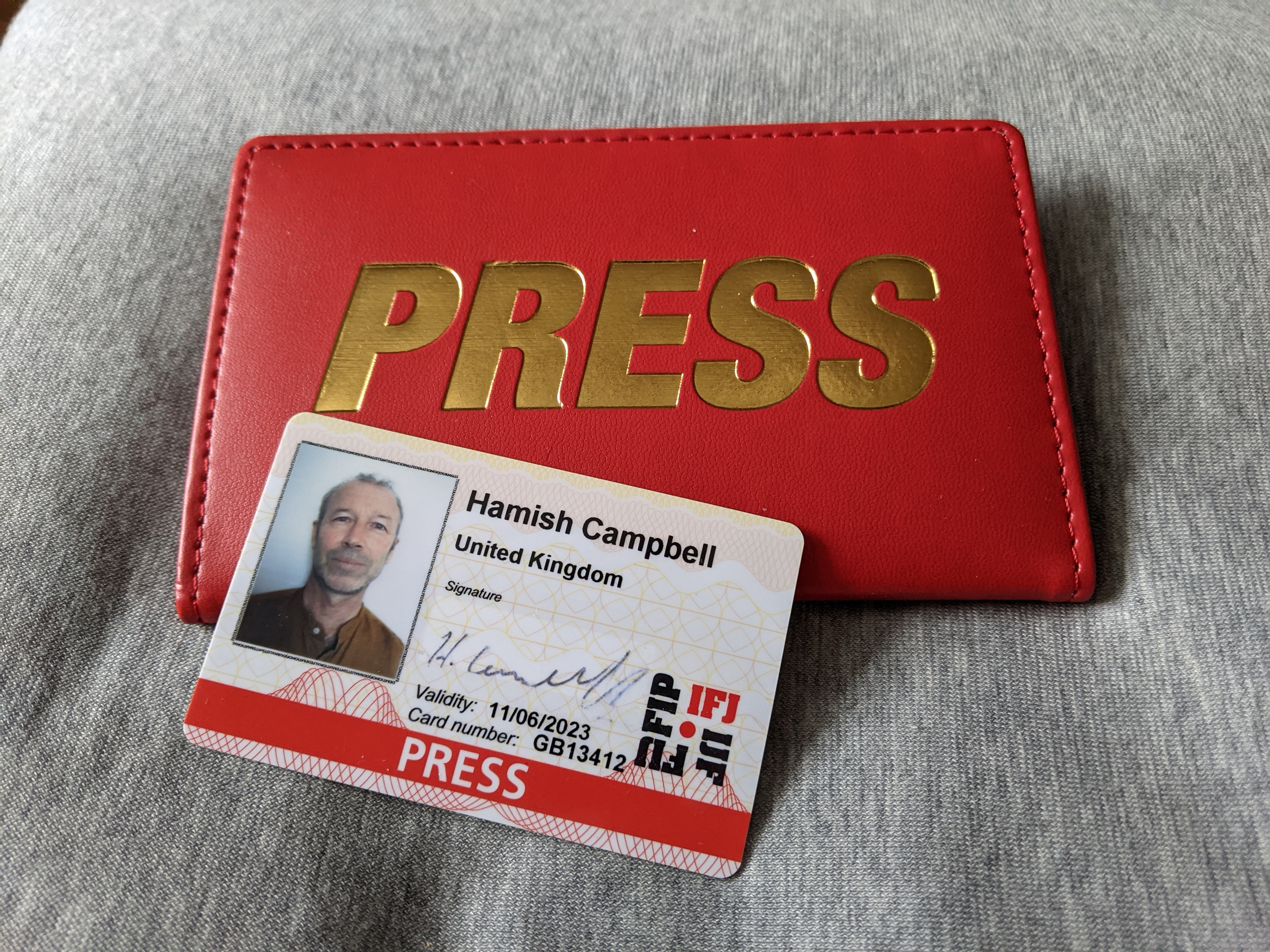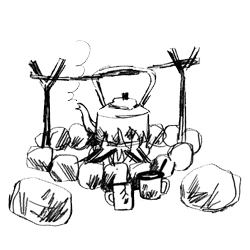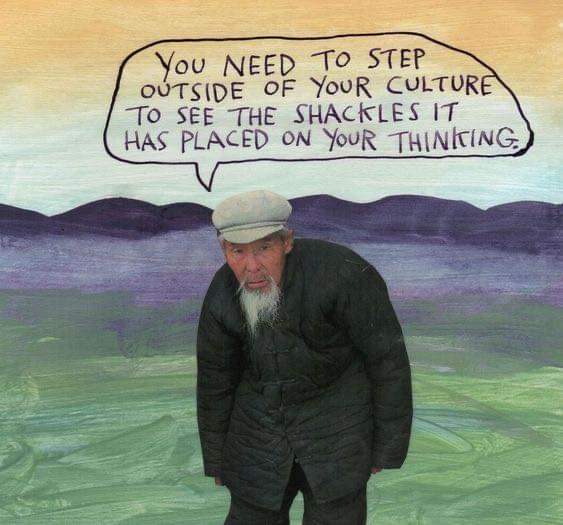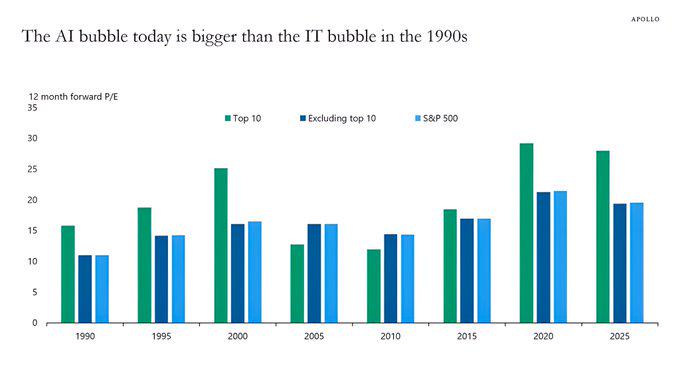A central thesis of Tolkien’s books is that evil provides the means of its own defeat. Sauron forged the One Ring that destroyed him. Shelob impaled herself on Sam’s blade. Smaug exposed his belly to Bilbo and revealed the weak point that brought him down. Tolkien’s world is full of this pattern: the seed of destruction lies buried inside the will to dominate. Power over others always carries its own undoing.
But there’s a second truth, less often spoken. Good must still act. The Ring did not cast itself into the fires of Mount Doom, it had to be carried, inch by inch, through the mud and terror, by two small Hobbits who refused to give up. Shelob could only fall because Sam held his arm firm when it would have been easier to drop the blade. Smaug was slain not by fate, but by the hand that fired the black arrow.
Even when evil weakens itself, the act of courage still has to be taken. The small people still have to step up. And there’s a third lesson here, one that feels painfully relevant to our time: good only loses when it surrenders to hopelessness. Denethor’s despair nearly doomed Minas Tirith.
Frodo would have fallen without Sam’s stubborn love. Bilbo’s small act of faith. In Tolkien’s world, hope is not naïve optimism, it’s an act of defiance.
In our current #closedweb Mordor, we see a similar pattern. The #dotcons – Facebook, Google, X, TikTok – are our modern Mordor. Their empire of control looks invincible, but the same logic applies: the seed of their undoing lies within their design. They rely on enclosure, makes them brittle. They feed on attention, makes them hollow. They claim to connect, yet they isolate. Their power depends on us believing there is no alternative. The moment we act otherwise, the “Ring” begins to crack.
This is where the #OMN (Open Media Network) is about, it’s the Hobbits of the #openweb, a simple idea built around trust, openness, and shared meaning, the values that the #mainstreaming web abandoned in their push for scale and profit. The #OMN path is not glamorous, it’s messy, human, and small in the best possible way, it’s the hobbit path.
While the lords of code build towers of algorithms and surveillance, the #OMN builds compost – small, fertile spaces for stories, community, and resistance to grow. Each node, each local server, each trust-based network is another Hobbiton – small, grounded, but vital to the health of the wider networked world.
And like Tolkien’s hobbits, the people carrying these projects are not heroes in the conventional sense. They’re tinkerers, storytellers, boat-dwellers, coders, gardeners – ordinary people who refuse to give in to despair.
The weakness of the Ring, is the weakness of Mordor – and of our #dotcons empires – is that they depend entirely on compliance. Their control works only as long as we feed it: our attention, our data, our labour. The act of reclaiming media, even on a small scale, is an act of resistance, the equivalent of carrying the Ring toward Mount Doom.
But again: it doesn’t happen automatically, we have to act, have to keep building, sharing, teaching, mediating – before the co-option machine moves in, before the #fashernista crowd turns the work into branding and drains it of meaning.
This is the role of projects like #OMN, #indymediaback, #4opens, and the broader #openweb ecosystem. They’re not just technical projects, they’re moral ones. They remind us that good requires persistence, that hope is work, and that defeat only comes when we stop trying.
Evil destroys itself, yes, but only if someone carries the Ring. The systems of enclosure, surveillance, and monetized despair will fall apart on their own contradictions, but only if enough of us are walking the long, muddy road toward something better.
That’s what the #OMN is for: a space to hold hope, to act before hopelessness takes root, to build the commons even when it feels impossible. And like Tolkien’s world, we won’t win through strength, but through endurance, through small acts done together, with trust.
Because the web – like Middle-Earth – is worth saving.

















